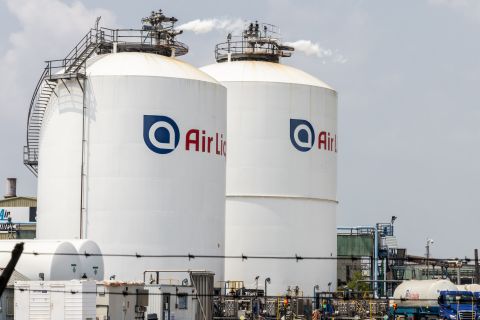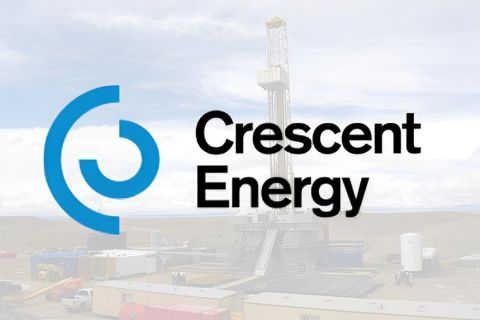U.S. oil producer Occidental Petroleum Corp. on Nov. 9 increased by about 22% the estimated investment for the world’s first large scale direct air capture (DAC) project to capture carbon emissions and disclosed plans to build others.
The Houston-based company expects to spend now $1.1 billion in the project under construction in Ector County, Texas, from $800 million-$1 billion before.
“Inflationary pressures felt across the economy, especially for construction materials and labor” explain the added costs, CEO Vicki Hollub told analysts in a webcast to discuss the company’s third-quarter results.
Occidental is aiming to build a profitable business by pulling CO₂ out of the air and burying it underground. It bets the world will need oil for decades to come and that government and business climate goals will only be achieved if emissions are not only reduced, but also actively removed from the air.
But the technology will be a cash drain for investors until it gains commerciality—and the time estimate for it is unclear. Occidental’s first large-scale project started construction in September, when it had its start-up delayed by a few months to late 2024.
RELATED:
Vicki Hollub Says Occidental Will Nearly Double Carbon Capture Projects
Despite the hurdles, the company on Nov. 9 expanded future plans for DAC. Government incentives and the passage of the Inflation Reduction Act into law allow it to plan 100 DAC facilities by 2035, from 70 before, Hollub said. Land for half of them has been secured.
“It’s not as well recognized yet. But when the world realizes how much the transition will cost, I do believe that this will become the preferred option to ensure that we can continue the production of low-carbon fuel for those that need it,” Hollub said.
Occidental’s first DAC plant progress is closely watched by the oil industry for its scale. It has a goal of removing up to 1 million tonnes of CO₂ from the atmosphere per year—100 times more than all 18 DAC plants currently operating worldwide combined, according to the International Energy Agency.
In October, it started planning and engineering for DAC facilities at a second Texas site, in Kleberg County, with a combined capacity to remove 30 million tonnes of CO₂ annually.
Shares fell as much as 9% following the call to discuss its quarterly results, which slightly missed Wall Street estimates. Shares of energy firms were down across the industry.
Occidental’s shares have more than doubled this year. It attracted the interest of Warren Buffett’s Berkshire Hathaway Inc., now Occidental’s largest shareholder, with a 20.9% stake.
The company has been using the cash from high oil prices to pay down debt and plans to reduce it to $18 billion until the end of the year, exceeding its previous target by $2 billion.
Starting next year, the company will “have significantly more capital available” which Hollub said “will be allocated mostly” to shares buybacks.
Recommended Reading
Air Products Sees $15B Hydrogen, Energy Transition Project Backlog
2024-02-07 - Pennsylvania-headquartered Air Products has eight hydrogen projects underway and is targeting an IRR of more than 10%.
Air Liquide Eyes More Investments as Backlog Grows to $4.8B
2024-02-22 - Air Liquide reported a net profit of €3.08 billion ($US3.33 billion) for 2023, up more than 11% compared to 2022.
Some Payne, But Mostly Gain for H&P in Q4 2023
2024-01-31 - Helmerich & Payne’s revenue grew internationally and in North America but declined in the Gulf of Mexico compared to the previous quarter.
Uinta Basin: 50% More Oil for Twice the Proppant
2024-03-06 - The higher-intensity completions are costing an average of 35% fewer dollars spent per barrel of oil equivalent of output, Crescent Energy told investors and analysts on March 5.
In Shooting for the Stars, Kosmos’ Production Soars
2024-02-28 - Kosmos Energy’s fourth quarter continued the operational success seen in its third quarter earnings 2023 report.





